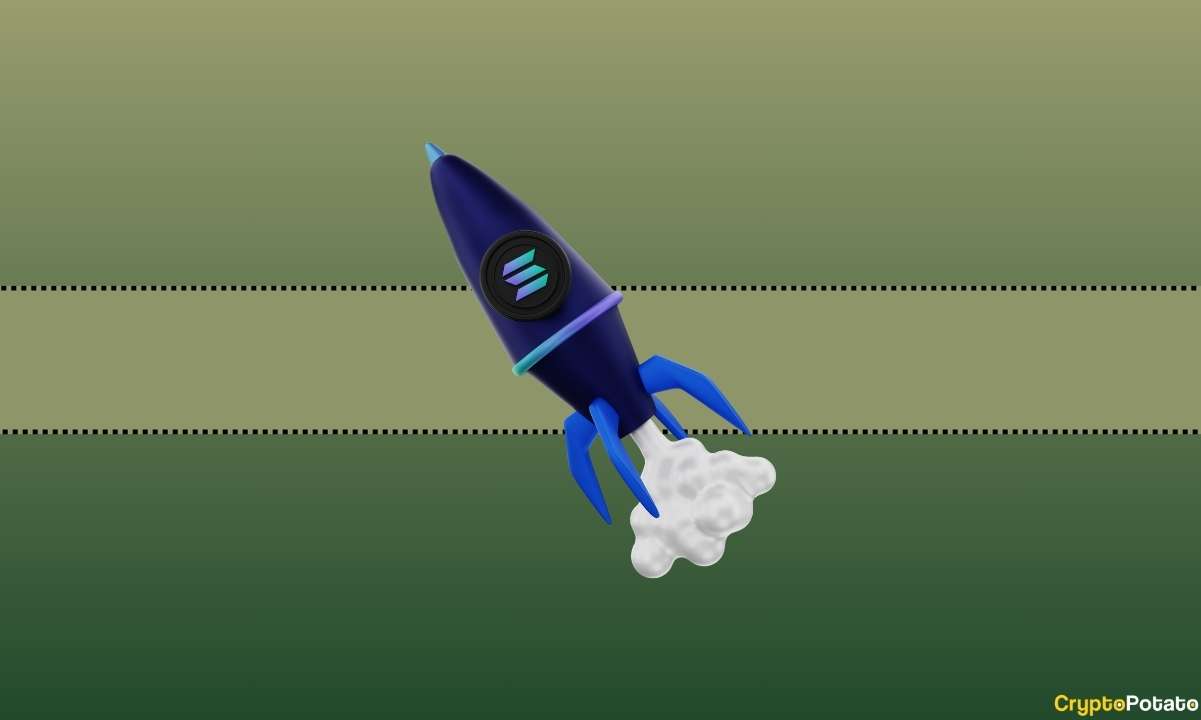
Solana and BNB are both popular cryptocurrencies, but they differ in their underlying technology and use cases. Solana is known for its fast transaction speeds and low fees, making it attractive for decentralized applications and smart contract development.
Table of Contents
On the other hand, BNB is the native token of Binance, one of the largest cryptocurrency exchanges, and is primarily used for trading and reducing fees. As the cryptocurrency market continues to evolve, understanding the key differences between Solana and BNB becomes crucial for investors and developers.
We will delve into the distinct features and potential of both cryptocurrencies, exploring their use cases, technology, and market performance. By gaining a comprehensive understanding of Solana and BNB, readers can make informed decisions about how to leverage these assets within the increasingly diverse crypto landscape.

Credit: cryptopotato.com
Solana And Bnb Comparision
Solana vs BNB (Binance Coin) has become a hot topic in the cryptocurrency community, sparking debates and comparisons between these two prominent blockchain platforms. Solana, often touted as the “Ethereum killer,” and BNB, the native token of the Binance Smart Chain (BSC), offer distinct features and capabilities, making them attractive options for investors and developers alike.
Solana, known for its high throughput and low transaction fees, has gained traction as a scalable blockchain solution capable of processing thousands of transactions per second. Its innovative Proof of History (PoH) consensus mechanism, coupled with its fast finality, sets it apart as a formidable competitor to Ethereum and other leading blockchain networks. Developers are drawn to Solana for its potential to support complex decentralized applications (dApps) and decentralized finance (DeFi) projects with minimal latency.
On the other hand, BNB, as the native token of the Binance ecosystem, powers various functionalities within the Binance Smart Chain. BNB holders benefit from reduced transaction fees and access to a wide range of decentralized exchange (DEX) services, including the popular Binance DEX. BNB’s integration with Binance’s extensive ecosystem offers users access to diverse financial services, including staking, lending, and yield farming, making it a versatile asset within the crypto space.
When comparing Solana vs BNB, scalability and decentralization are often key points of contention. While Solana boasts impressive scalability and speed, some critics argue that its reliance on a limited number of validators compromises decentralization. In contrast, BNB’s association with the Binance exchange raises questions about centralization and control within the Binance Smart Chain ecosystem.
Additionally, the governance models of Solana and BNB differ significantly. Solana operates under a decentralized governance model, allowing token holders to participate in decision-making processes through on-chain voting mechanisms. In contrast, BNB’s governance structure is closely tied to the Binance exchange, with decisions influenced by the platform’s leadership and community feedback.
Despite their differences, both Solana and BNB have carved out significant niches within the blockchain space, attracting users and developers with their unique value propositions. As the crypto landscape continues to evolve, the competition between Solana and BNB is likely to intensify, driving innovation and pushing the boundaries of what is possible in decentralized finance and beyond. Ultimately, the choice between Solana and BNB depends on individual preferences, investment strategies, and long-term goals within the ever-changing crypto ecosystem.
Frequently Asked Questions For Solana Vs Bnb
Is Solana A Better Investment Than Bnb?
Solana and BNB both have strong potential as investments. Solana offers high scalability and low transaction fees, making it attractive for decentralized applications. BNB, on the other hand, benefits from the popularity and success of the Binance exchange. Both have different advantages, so it ultimately depends on your investment goals and risk tolerance.
What Sets Solana Apart From Bnb?
Solana stands out with its fast and scalable blockchain, capable of handling thousands of transactions per second. It uses a unique proof-of-history consensus algorithm, ensuring secure and efficient processing. On the other hand, BNB is the native cryptocurrency of the Binance ecosystem and offers various utility functions, such as fee discounts on the Binance exchange.
Can I Use Solana Instead Of Bnb On Binance?
While Solana and BNB are both cryptocurrencies, they serve different purposes within their respective ecosystems. Binance primarily operates on the Binance Smart Chain, where BNB is the native cryptocurrency. Solana, on the other hand, operates its blockchain network for various decentralized applications.
Thus, you cannot use Solana instead of BNB on Binance.
Which Has Stronger Potential For Future Growth: Solana Or Bnb?
Both Solana and BNB have strong potential for future growth. Solana’s fast and scalable blockchain has attracted various projects, fostering ecosystem growth. On the other hand, BNB benefits from Binance’s popularity and expansion into different markets. Future growth depends on factors like adoption, technological advancements, and market conditions, making it difficult to determine a definitive winner.
Conclusion
Both Solana and BNB have proven to be strong contenders in the crypto market. While Solana’s impressive scalability and efficient network attract users, BNB’s integration with the Binance ecosystem provides a diverse range of services. Ultimately, the choice between Solana and BNB depends on individual preferences and investment goals.
With both projects constantly evolving, it’s essential to stay updated and make informed decisions in this ever-changing landscape. Keep an eye on developments and make the best choice that suits your needs.







